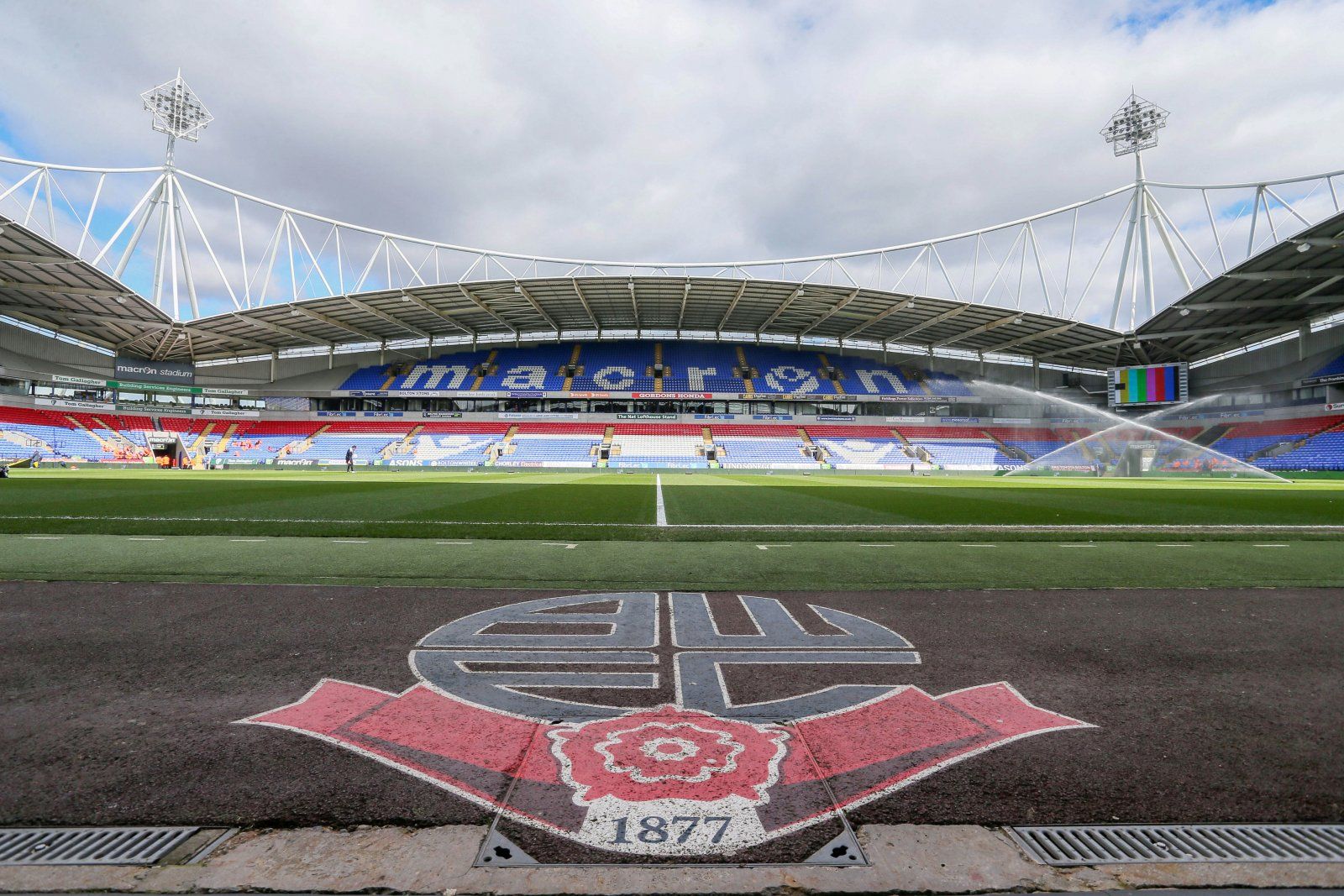League One has often been one of the most enthralling divisions for both supporters of clubs who happen to be competing in the third tier and also the neutral watching all of the drama unfold.
One of the main reasons why the English third tier is always able to provide moments of thrilling drama leading up to the very last day of the campaign is due to the nature of the league’s layout, with four teams relegated from the division and three teams earning promotion to the Championship.
That means that in the vast majority of seasons, there has almost always been something to play for nearly all of the sides in League One heading into the final ten matches of the campaign, with sides in mid-table still potentially able to put a run together to reach the play-offs, but also still needing to look over their shoulders at the relegation zone.
This has created an environment that almost demands dramatic contests between direct rivals for both promotion and relegation heading into the last few matches of the season – those are the sorts of occasions where matches take place which are memorialised forever in the history of their clubs.
A fine recent example of the drama and excitement that can unfold in the English third tier would be the dramatic final day encounter between Brentford and Doncaster Rovers back in 2013, when the Bees missed a penalty in the last minute that would have secured their promotion, only for Rovers to go up the other end and score the goal that sealed their promotion to the Championship.
QUIZ: Can you name Bolton Wanderer’s top goalscorer in the last 15 seasons?
The same levels of drama were prominent at both ends of the League One table last season with ten matches to play, with only five points separating Oxford United in 21st and Wycombe Wanderers in 12th – and the side with just ten games remaining who had the largest gap between themselves and either the play-offs or the relegation zone, were Burton Albion in 11th at eight points to each.
It is also worth pointing out that three of the sides inside the bottom four with ten games to go managed to survive, with AFC Wimbledon even pulling back a seven-point gap to safety to ensure their survival in the English third tier.
Wimbledon were joined in surviving by both Rochdale and Oxford, with those three sides replaced in the relegation zone come the end of the season by Scunthorpe United, Walsall and even Plymouth Argyle, who were as high as 15th heading into the last ten games of the campaign.
Contrast that with this season, where Tranmere Rovers are sat seven points adrift of safety, while Southend and Bolton Wanderers are a massive 17 and 21 points away from Rochdale, who occupy the final place above the relegation zone.
That means that there are teams sat in mid-table with absolutely nothing to play for as the season enters the final stages, with Blackpool in 13th place sat 14 points adrift of the play-off places, but also 18 points clear of the relegation zone. It raises the question of how the league has been allowed to lose so much drama in just a single campaign.
There are of course the obvious impacts of Bury’s situation and their expulsion from the Football League, whilst Bolton have also been hit with a 12 point deduction at the beginning of the campaign. That means the usual four relegation slots have been reduced to three officially, but in reality it was always unlikely Bolton would recover from their points deduction also.
It could be argued that Southend and Tranmere’s struggles for form could not have been anticipated by the EFL, and there is some cause for sympathy there, but the division was, right from the outset, devoid of two of the usual relegation slots – when the competition for places is decreased so are the standards of the rest of the competition.
It therefore feels like not only have the supporters of Bury and Bolton been severely punished for the actions of previous owners, but also the rest of the league and the neutrals have also been punished and this season needs to be a lesson moving forwards that a better solution is needed in these type of circumstances in the future.
That ideally means much stricter regulation preventing clubs from falling into the wrong hands in the first place, but otherwise means that the EFL need a system in place whereby they can retain the competitiveness of the league regardless of the situation, which is something that League One is deserving of, for all the drama it has provided in the past and can do in the future.

